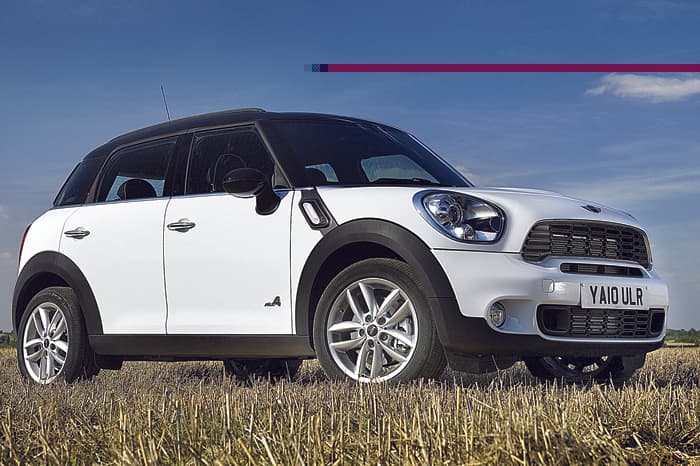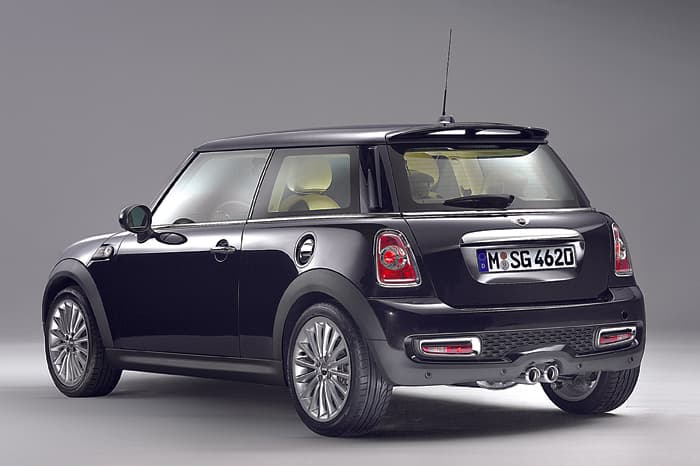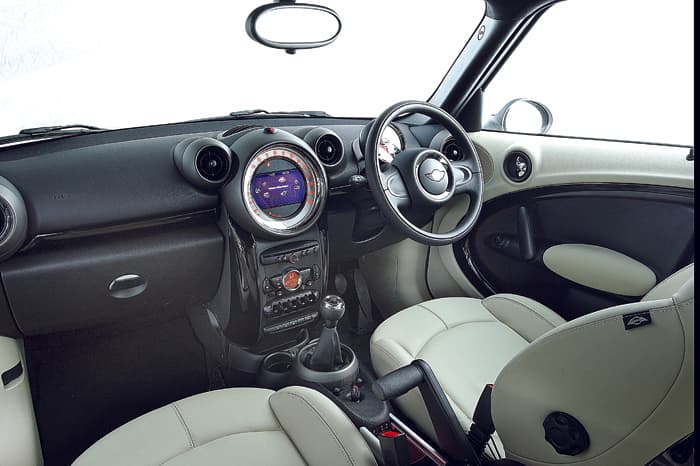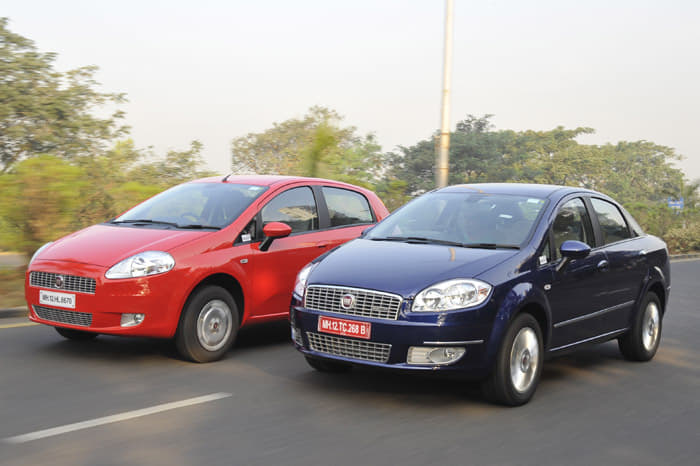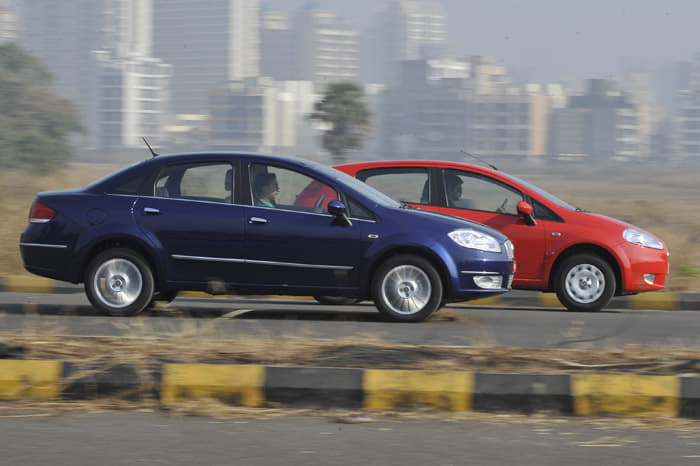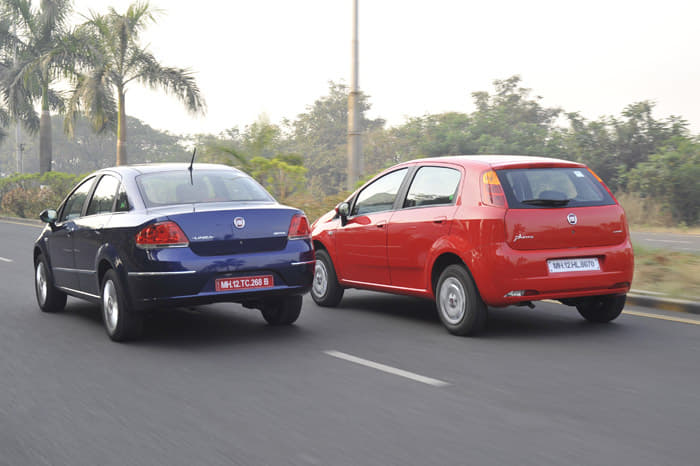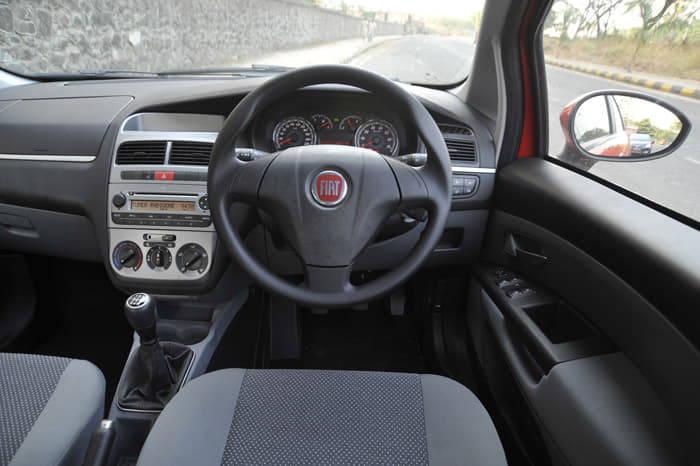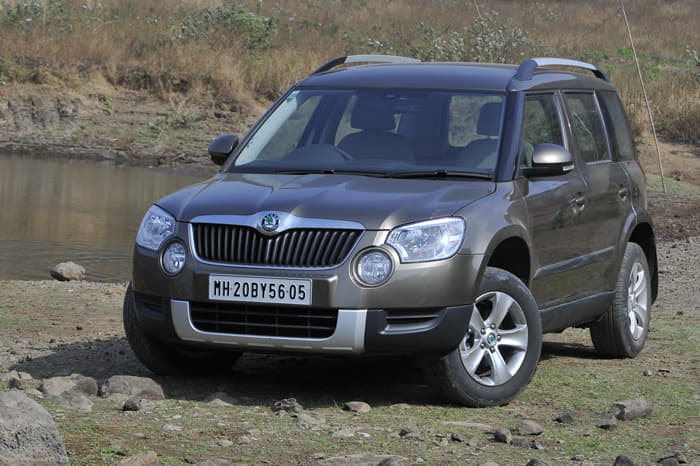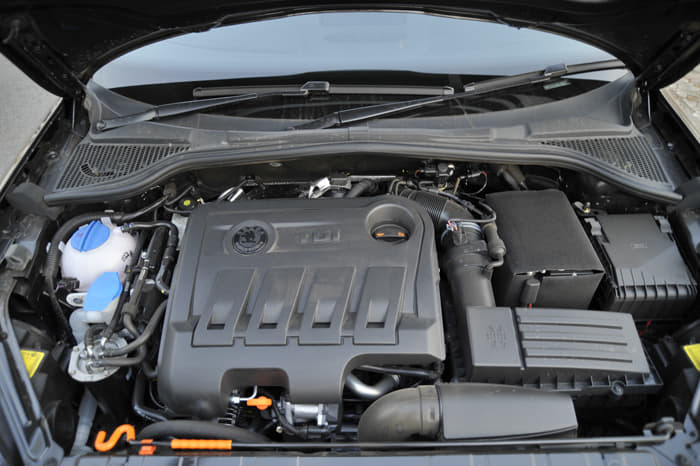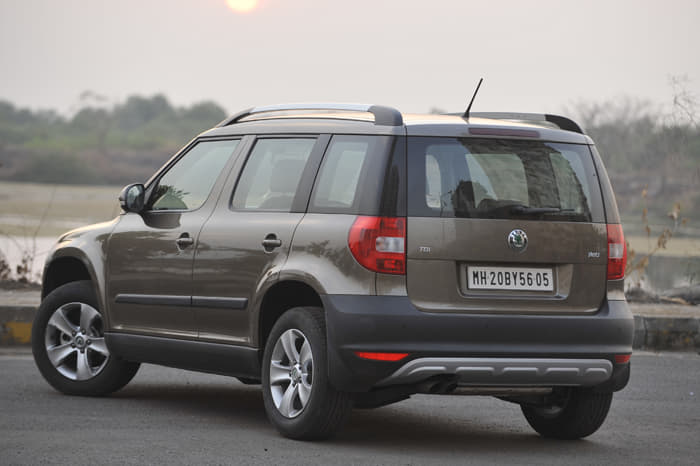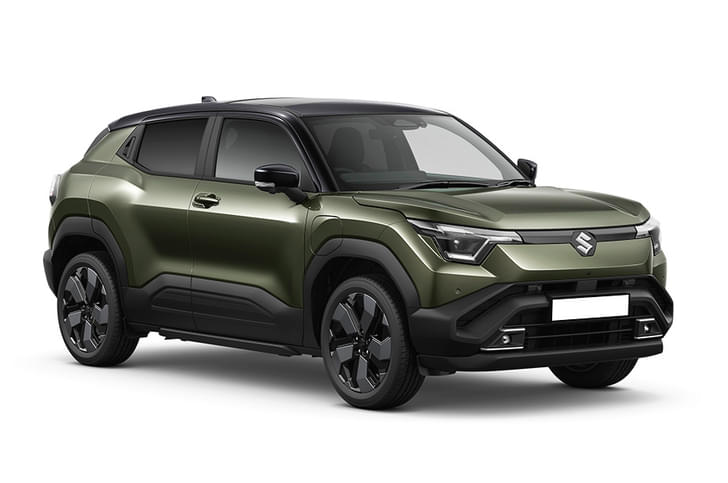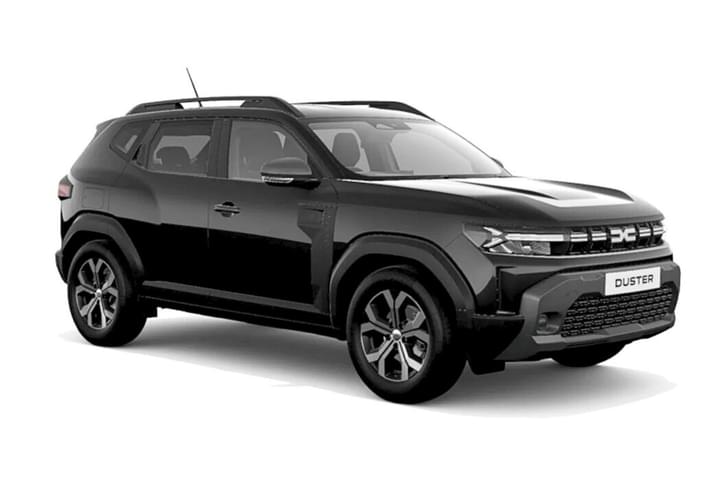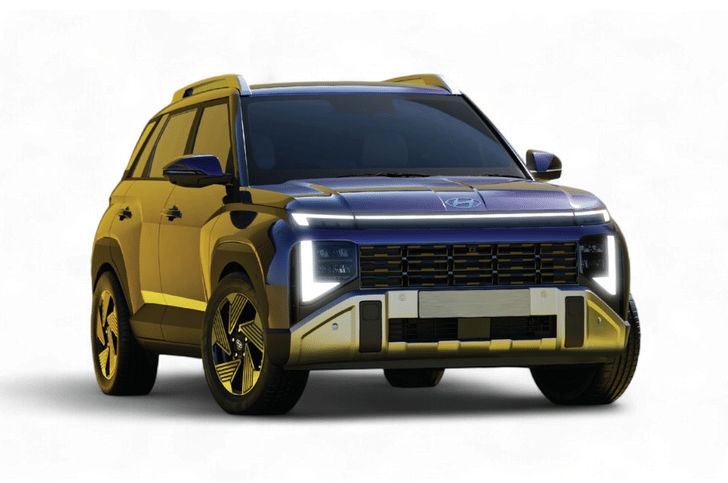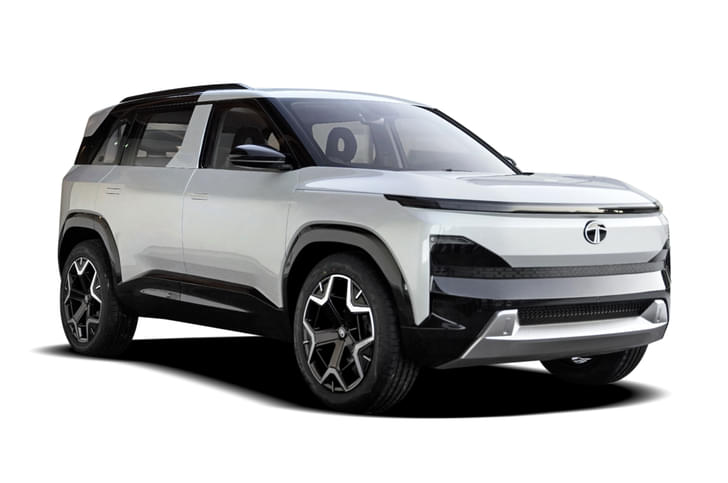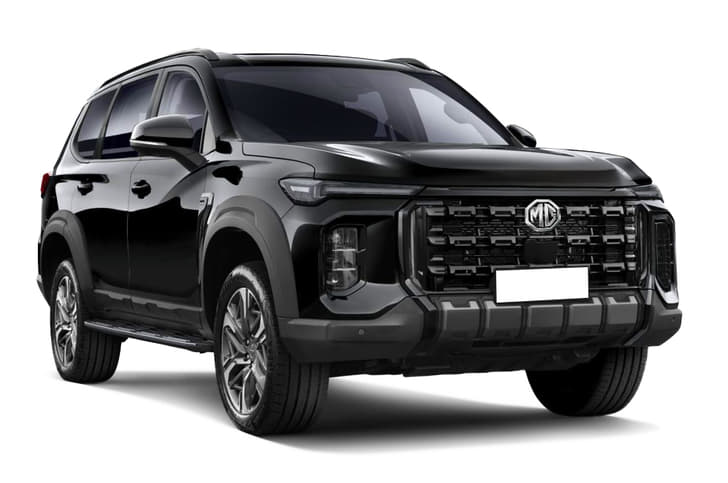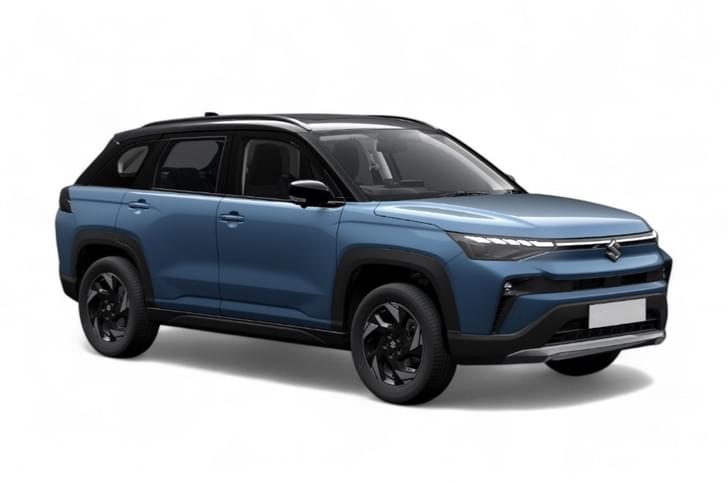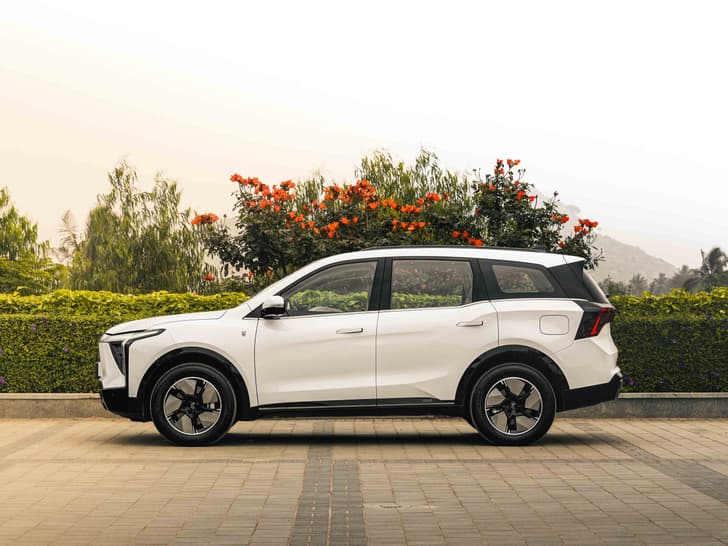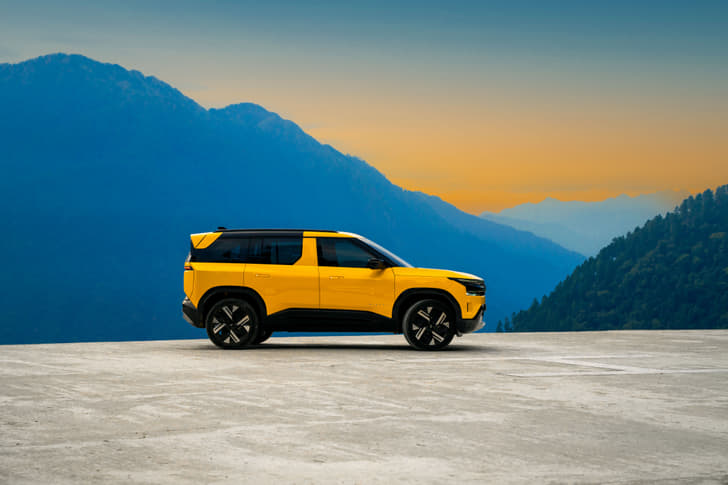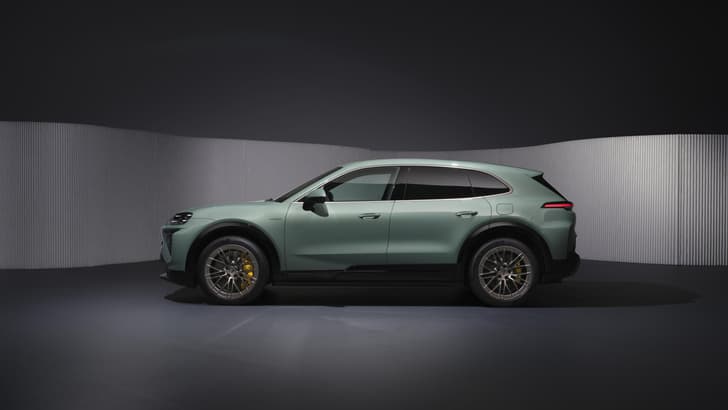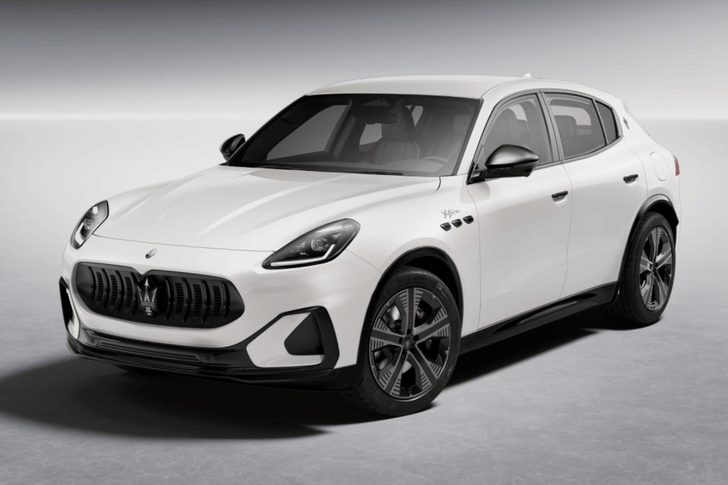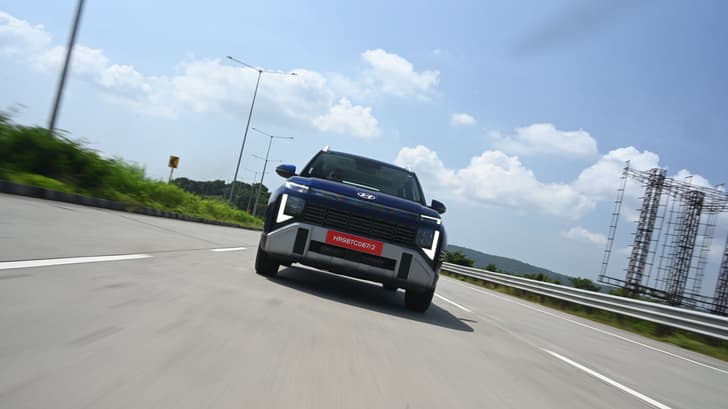The Sunny is the car that has put Nissan back on the Indian car buyer’s radar. This mid-size saloon’s massive interiors, upmarket feel, user-friendly 1.5 petrol motor and keen pricing evoked a surprisingly good response in a market that’s essentially shifted to diesel power. And now, the Sunny’s popularity is all set to take another leap forward with the diesel version which was officially launched at the Auto Expo this year. Nissan wants to cash in on the premium that diesel cars command in our market, which explains why the top-end XV diesel is a substantial Rs 1.10 lakh dearer than its similarly specced petrol sibling. Is that too much of a price gap? Or is the Sunny diesel well worth the extra money Nissan is asking for it?
The answer really lies under the swollen hood, where a more powerful version of the same Renault-sourced K9K 1.5 litre motor that powers the Micra is pressed into duty. In the Sunny, power is up by 21bhp to 84bhp and there’s an additional 4kgm of torque as well. These gains are thanks to some additional hardware like an intercooler and a beefier fixed-geometry turbocharger.
Start the motor and you will be impressed with its refinement. There’s very little vibration and apart from a distinct clatter at idle and a gruffness at high revs, it’s fairly quiet too. Sitting in the back seat, you would be hard pressed to tell what fuel is powering the Sunny.
And, unlike other diesels which deliver a sudden burst of torque as the turbo comes on boost, this engine delivers power in a very linear manner. It also responds eagerly from low revs and pulls well till around 3500rpm. Push past this and the engine starts feeling a bit strained and power tails off. So, this engine feels best when you shift up early and make the best of its 20.4kgm of torque.
Based on Nissan’s lightweight ‘V’ platform, the Sunny’s 1097kg bantam weight plays a key role in delivering impressive performance. This is the fastest sub-100bhp diesel which has a clear performance edge over its lesser rivals like the Etios and Manza diesels. It’s not too far behind the Skoda Rapid and the pricier Verna either.
While the gearbox is slick and easy to operate, the clutch which has been beefed up to take the extra torque, feels heavier than in the petrol Sunny and as a result, constant gear shifting can take a toll on your left leg. The light steering though makes parking in tight spaces a cinch and not many cars are easier to manoeuvre in town than the Sunny.
The Sunny diesel’s front suspension has been tweaked to take the heavier motor. The damping is a bit firmer and this flattens the ride quite nicely. It’s only at low speeds and over sharp edges that the lightweight Sunny feels jittery. Up the pace and the ride smoothens out and in fact is quite comfortable, especially on the highway where the Sunny’s consistent poise gives the driver a fair level of confidence. With a full load too, the suspension copes well and the saloon feels planted over most road surfaces.
The handling though is more comfort-oriented than sporty – fair enough given the kind of car it is. There’s considerable body lean in bends, and while the light steering weights up the faster you go, it doesn’t have enough feedback to keep you completely in touch with the road. That’s unlikely to bother most owners who will end up driving the Nissan saloon in a relaxed manner and for that, the Sunny’s dynamics are perfectly acceptable.
While the Sunny’s light weight helps its performance and economy, the flipside is that the Sunny lacks that solid feel you get from even cars like the Tata Manza. It’s quite obvious that in its quest for weight saving, Nissan has also skimped on some essentials like sound deadening. There is quite a bit of road and tyre noise entering the cabin.
But this lightness does translate into good fuel efficiency figures. Thanks to the linear power delivery on the 1.5-litre motor, you can get around town on small throttle applications. This helps the Sunny deliver 13.6kpl in the city. On the highway it ran for 18.7km on a litre of diesel.
There are no surprises with the rest of the car. The cabin remains unchanged except for the addition of a new gear knob and also new silver inserts on the steering wheel. The Sunny has big windows and skinny pillars, so visibility is pretty good all round. Most of the switchgear is easy to use too, but a couple of controls, like the one for the power mirrors, are tucked away out of sight. Getting comfy could be an issue too – the steering wheel only adjusts for height, and there’s no seat-height adjustment. Cabin quality, though better than the Etios and the Manza, doesn’t feel as rich or solid as, say, a Rapid or a Vento.
Front and rear legroom and headroom is better than most cars in its segment — sitting under the roof’s highest point, the tallest of seat occupants won’t fall short on headroom. But the cost cutting shows through in the thin cushioning on the seats; we wish Nissan could rectify this and also give the rear seats more under-thigh support. The light beige colour adds to the feeling of roominess as well, but it has a tendency to soil easily.
As for equipment, you get two airbags, ABS, automatic climate control, MP3 player, powered mirrors and alloy wheels as standard on the top-end XV version.






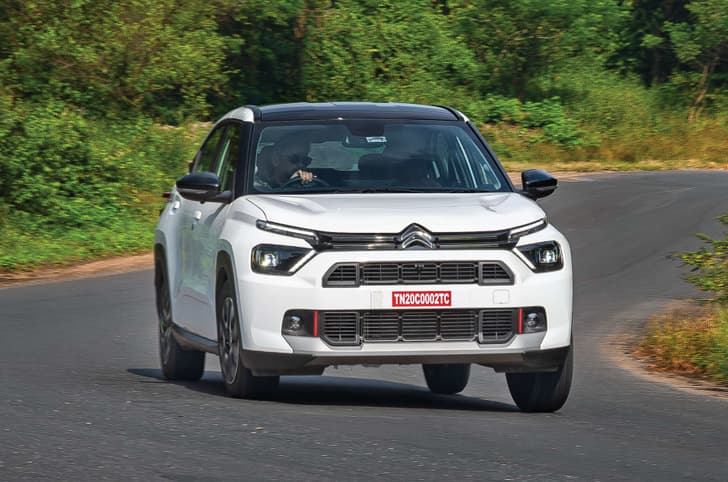
.jpg?w=728&q=75)
.jpg?w=728&q=75)
.jpg?w=728&q=75)
.jpg?w=728&q=75)





